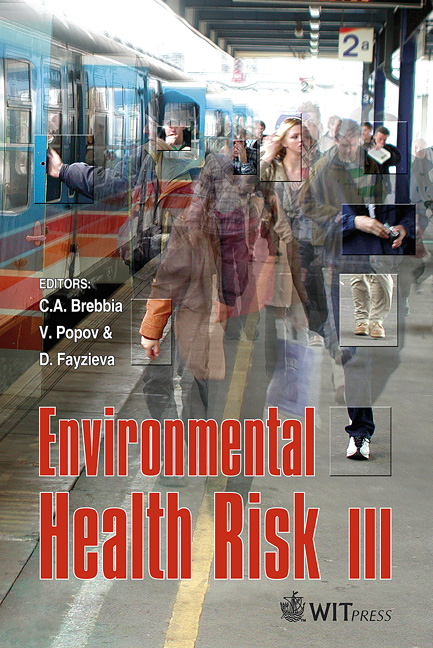Risk In Anthropic Environments: Methodologies For Risk Evaluation And Exposition Reduction
Price
Free (open access)
Transaction
Volume
9
Pages
10
Published
2005
Size
285 kb
Paper DOI
10.2495/EHR050041
Copyright
WIT Press
Author(s)
F. Russo & A. Vitetta
Abstract
The simulation of an anthropic environments system in emergency conditions requires the study of two strictly connected models: risk analysis and evacuation design. To reduce the exposure component of the risk, evacuation measures have to be implemented. When an event happens in a system or is forecasted in the short term, the evacuation measures have to be applied and in some cases have to be designed in real time. This paper is developed with the following main objectives: the formalization of the risk problem; the definition of the probability (or the frequency) that the event occurs, the vulnerability and the exposition with particular reference to a transportation system; the specification of evacuation measures for the reduction of exposition and risk. Keywords: risk analysis, evacuation, simulation, network design. 1 Introduction This paper proposes methods for the simulation and design of a transportation system under conditions of safety and/or security. Safety and security problems are connected with events that generate emergency conditions, such as the 9/11 attack, Atocha station, and the Asian tsunami. Methods for planning a transportation system in an urban area when exogenous events affecting the system occur and/or in emergency conditions, have received little attention from transportation and risk researchers as well as research institutions and journals. Emergency conditions related to safety and/or security problems in a transportation system can be activated by exogenous events (power failure, radiation leak, etc.) or by endogenous events to the transportation system (dangerous emissions, etc.). The dangers for the population could be immediate (such as the emission or the discharge of hazardous goods from a truck,
Keywords
risk analysis, evacuation, simulation, network design.





